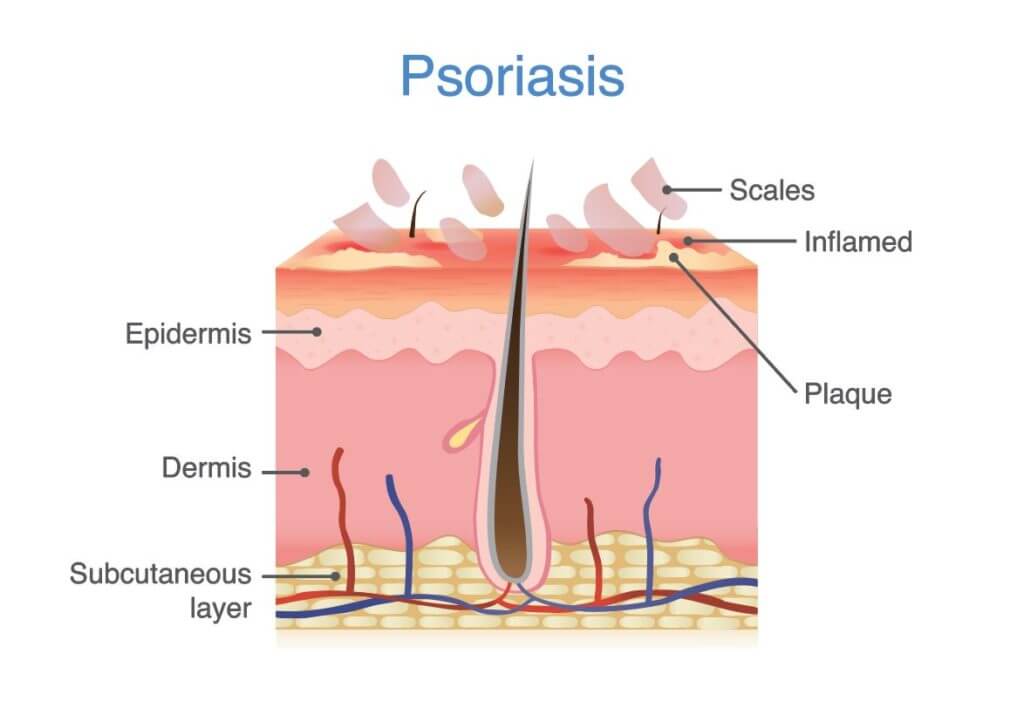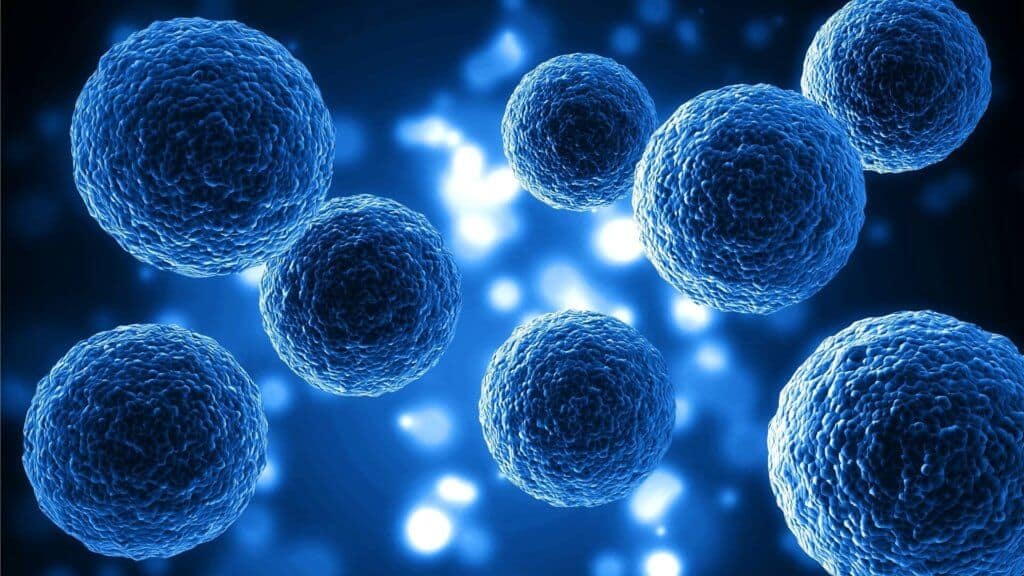
Therapy using a conditioned stem cell media can be effective in addressing psoriasis, according to a study published in Case Reports on Dermatological Medicine earlier this year. The new treatment may have more potential than other stem cell therapies being employed to treat the condition.
The case study was spearheaded by Dr. Anand Srivastava and his team at the Global Institute of Stem Cell Therapy and Research (GIOSTAR).
Psoriasis is an autoimmune disease that affects over 100 million individuals worldwide. The most common variety is known as plaque psoriasis, or psoriasis vulgaris, a condition in which skin cells build up and form scales and itchy, dry patches most commonly on the scalp, knees, elbows, hands, nails and feet.
Psoriasis sufferers also have an increased of psoriatic arthritis, lymphomas, cardiovascular diseases, Crohn’s disease and depression.
Psoriasis Within One Month of Treatment
The case study followed the progress of a psoriasis patient who initially registered a score of 28 on the Psoriasis Scalp Severity Index (PSSI). The 38 year old male patient had been suffering from psoriasis for over two years and had previously taken several traditional psoriasis treatments, which did not improve his condition.
Under the direction of Dr. Srivastava, the patient was treated with Mesenchymal Stem Cell Conditioned Media (MSC-CM), which was applied topically to affected areas daily.
Remarkably, after only one month, the patient saw their psoriasis regress completely. After MSC-CM treatment, the patient registered a PSSI score of 0. The patient’s condition has been subsequently monitored at regular intervals, and he has remained psoriasis free for two years following MSC-CM treatment.
“(The treatment) led an improved quality of life without any adverse side effects,” the case study concluded.

MSC and MSC-CM Treatments
Prior research has indicated MSC treatments show promise at combating psoriasis, but this new study was the first to clinically demonstrate that MSC-CM may be equally – or even more – effective as direct MSC application.
“Treatment using MSC-CM appears to be an effective tool for tackling the psoriatic problem,” concluded Dr. Srivastava. “(MSC-CM) may offer a new avenue of therapy which could be considered as an alternative approach to overcome the limitations of the cell-based therapy.”
The MSC-CM treatment was prepared through a novel process that started by collecting the adipose tissue from a healthy volunteer. A plastic surgeon performed a lipoaspiration on the individual, collecting stem cell rich fat tissue from which MSCs were isolated and stored. These cells then underwent a culturing process in the laboratory to create the MSC-CM concentration that was applied to the patient’s skin.
While direct MSC treatments have shown promise in previous trials, they also have indicated significant limitations in the transplanting process; sometimes the cells do not survive the process or fail to adhere to existing cells.
Using the MSC-CM concentrate instead may foster cell growth and regenerate skin in a more effective manner than direct implantation of MSCs.
This study is believed to be the first clinical report on the use of MSC-CM to treat psoriasis. It calls for further investigation on MSC-CM for both the treatment of psoriasis, and also on other conditions.
Want to Learn More?
The GIOSTAR Chicago team welcomes any questions you may have about stem cell research, or any of the procedures we currently offer patients. Please call us at 844-446-7827 or contact us online for more information.

